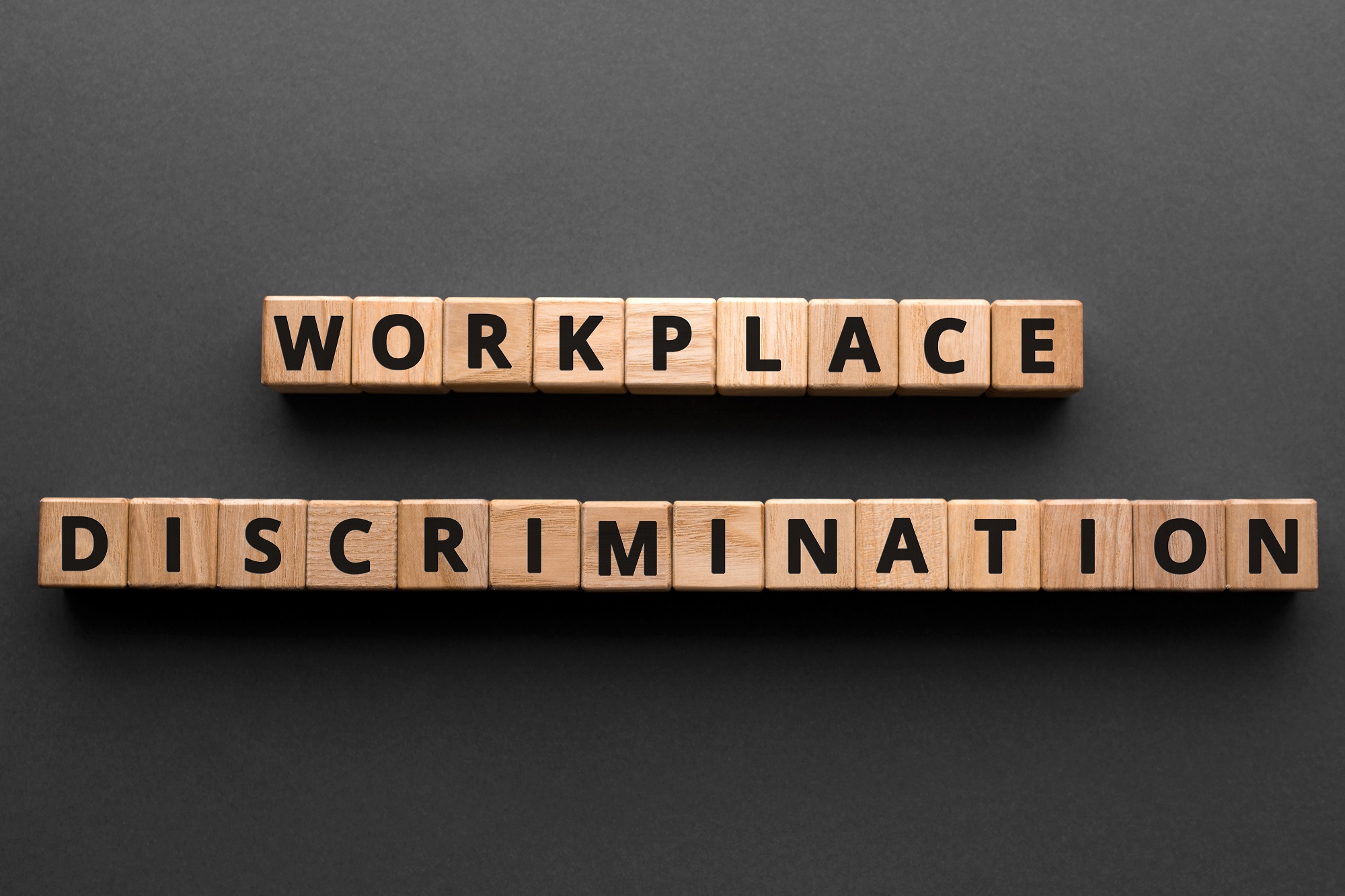Don’t get your Tinsel in a Tangle – Employer risks and Responsibilities at Office Christmas Parties
Work Christmas parties can be enjoyable events that foster team spirit and celebrate the festive season. However, alcohol fuelled interactions coupled with a relaxed social atmosphere, can foster situations which may not occur daily in the office environment. Employers should, therefore, be prepared to deal with employees acting in ways that appear out of character, ranging from aggressive or inappropriate behaviour to serious cases of harassment or discrimination.
If the office Christmas party is organised or sponsored by the employer, or with the employer’s approval, it may be considered a work-related function. Employers are responsible for the actions of their employees during such events.
Employers have a general legal duty to protect the health and safety of their employees. Accordingly, they can be liable for actions committed by employees in the course of their employment unless the employer can demonstrate they took “reasonable steps” to prevent it.
Circumstances such as these were brought to light in the case of Chief Constable of the Lincolnshire Police v Stubbs and others, where the Employment Appeal Tribunal (EAT) held that an employer was vicariously liable for an act of sexual harassment committed by an employee in a pub since this was associated with and organised by the company, and therefore fell within the remit of ‘in the course of employment’.
Another risk for employers to be aware of is where Christmas parties and work social events lead to inevitable workplace gossip, as was the case in Nixon v Ross Coates Solicitors and another where an employee was seen entering the hotel room of a fellow employee and later announced that she was pregnant. This led to workplace gossip and the employee raised a grievance which was not dealt with by the employer. The firm refused to pay her for time off with stress caused by the gossip. The employee resigned and raised an action in the Employment Tribunal for constructive unfair dismissal. This case eventually went to the EAT which held that the employee had been harassed and discriminated against on the grounds of sex and pregnancy, even though the employee had acted in a manner that was bound to provoke gossip. The employee was, therefore, successful in her case for constructive unfair dismissal.
The case of Judge v Crown Leisure Limited illustrated a different manner of risk for the employer where the EAT held that an employer had been ‘lucky’ to escape liability where an employee was told by his manager at the Christmas party that he would be on the same pay as another colleague within two years. This promise did not materialise and the employee resigned in response and claimed unfair dismissal. The question was whether the comment at a party was intended to create legally binding commitments. The burden is on the person arguing that the promise was not intended to be binding, to establish that position.
Excessive drinking can lead to impaired judgment, inappropriate behaviour and harassment. It may also contribute to conflicts or alter workplace dynamics. The informal setting of a party may increase the likelihood of inappropriate comments or actions, leading to harassment or misconduct issues.
It’s essential to establish guidelines and communicate expectations to mitigate potential legal issues. To manage these risks, employers should think carefully about work parties. Encouraging responsible behaviour, providing alternative non-alcoholic options, and promoting an inclusive atmosphere can contribute to a positive and enjoyable festive celebration. Some strategies for employers to mitigate such risks are to:
- Develop and communicate clear policies regarding behaviours, harassment, and alcohol consumption during office parties and ensure all employees are aware of these policies well in advance.
- Implement a drink ticket system, or set limits on the amount of alcohol served. Offering a selection of non-alcoholic beverages can also encourage moderation.
- Remind employees to be cautious about what they post on social media during and after the event as inappropriate content can reflect poorly on individuals and the company and could amount to harassment and/or misconduct.
- Provide training on appropriate workplace conduct and diversity and inclusion.
- Take prompt and effective action to address any misconduct that occurs during or as a result of the office party.
The main take-away for employers is that it is crucial to be aware of their responsibilities and to take proactive measures to create a safe and inclusive environment during work-related events. If you would like any further information on these topics, please do not hesitate to contact a member of BTO’s Employment Team.
This update contains general information only and does not constitute legal or other professional advice.
Dawn Robertson, Partner & Accredited Specialist in Employment Law: dro@bto.co.uk / 0131 222 3242 / Connect with Dawn on LinkedIn
Kimberley Tochel, Trainee Solicitor: kto@bto.co.uk / 0141 221 8012 / Connect with Kimberley on LinkedIn





